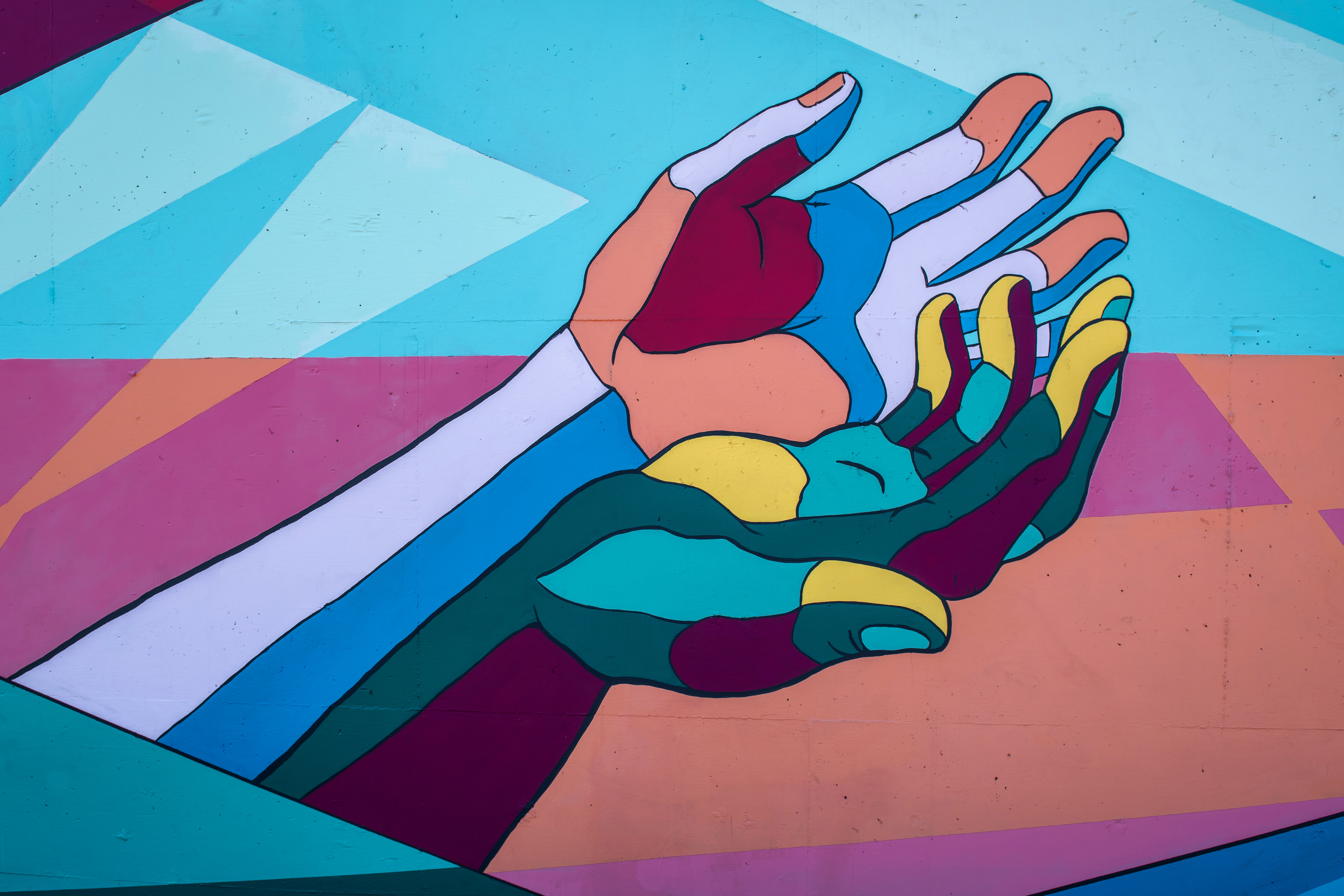Sharing Stories of Abuse Can Help
It’s easy to understand how a survivor of child abuse and neglect could feel alone. It’s not a subject that’s talked about often. Unless a survivor has read or heard others’ stories, they are likely to suffer in silence.
Sharing your experience of abuse is a courageous act of generosity that can change the life of someone who’s suffering alone. It can also have a profound impact on your life by opening a window to healing. Telling your story of abuse is the only way we can end child abuse and neglect.
We understand how difficult it is. It’s a path to eliminate the shame that has a tight hold on survivors. As incredibly difficult as it might be to share your story, it may be the ultimate act of defiance. You should never feel pressured by anyone to tell your story until you’re ready. When you’re ready, we hope you will share your story to heal your heart and let others know that they’re not alone.
Although there are many excellent reasons to tell your story, there are many obstacles survivors must overcome to be able to share their stories. Sharing a story of abuse or neglect can cause a tsunami of emotions and reactions, including feeling as if you’re reliving the abuse. Abused children are taught to keep secrets; to be silent.
Survivors often worry about the impact of making their story public. Who will hurt, and how? Will I be criticized for not coming forward sooner? Will people think I’m falsely accusing someone? How will my truth affect those close to my abusers, people, I still care about?
Sometimes sharing your story can affect people you love. That’s a huge consideration because we naturally want to protect the people we care about. But that desire to protect can be responsible for entrapping people in abusive relationships and a cycle of shame and fear. It’s not unusual for abusers (and sometimes even by your friends and family) to ask survivors to protect them and guard them against the consequences of their actions.
Here are several ways telling your story can help others stop feeling alone:
If you wait until no one is offended or made uncomfortable by your story, it will never get told.
The reality is that telling your story will almost definitely hurt innocent people connected in some way to your abuser. Some people will be negatively affected and feel as though they are being attacked or betrayed. Others will think that you have taken something from them or destroyed their happiness. That is not true! The abuser is the only one responsible for the damage done to his/her friends, family, etc. It’s not your job to protect them from your trauma, period.
Telling your story can bring healing and break the cycle of shame.
Telling your story of abuse can often be a significant part of the trauma healing process. Putting your experience into words can lay a strong foundation for healing. It allows you to take control of the narrative and correct false information you and others may have been told. It’s about telling the truth to yourself, not just to others. Abused children frequently tell themselves damaging and distorted things about the abuse. For example, they may think:
- “It was my fault.”
- “If I just had done _____, I could have salvaged the situation.”
- “What happened to me was probably not as damaging as I’m making it out to be.”
- “I will never be able to recover and live a whole, happy life.”
None of those things are true. Sharing your trauma can break the power of shame. That shame dissipates when the survivor talks about it, and their disclosure is believed and accepted, and they are treated with love and support. Even the shame of fellow survivors can decrease simply through listening to someone else’s story—because they then know they’re not alone.
For many survivors, abuse becomes their norm. Your experience has taught you to believe that control, shame and fear are standard in relationships. It can be easy to minimize or attempt to normalize your trauma. But abuse isn’t normal. Talking about it out loud and seeing others react with appropriate shock and horror, frame it as what it is: wrong and abnormal, dark and crazy.
Sharing your story shines a light into dark places, creates healthier communities, and empowers others to break the silence.
Keeping abuse silent harms our communities and constitutes further abuse of those who’ve suffered. When survivors are pressured to stay silent or tell a particular version of the story, they can be re-traumatized; their shame and pain increased. Abusers take power from those they abuse. Silence breeds toxicity and deception in our communities, which hurts everyone.
Breaking the silence is a threat to the status quo and abusers. Exposing the truth is a declaration of freedom and empowerment for survivors. Secrets and shame are powerful, but when they’re exposed, they lose that power. In naming your trauma, you also undermine the isolation other survivors often feel.
When survivors hear the stories of other survivors, it validates their experiences. It gives others the extra shot of courage to start their journey of speaking and healing and bringing light to the darkness.
Your story can help to create safer communities.
If your abuser has hurt others, exposing them might help someone else identify and escape abuse. In sharing what happened to you, you can help ensure that others stay safe, and that, when abuse does tragically occur, victims are heard and believed. Exposing abusers and the truth can prepare communities to respond better in the future.
Your safety and mental health always come first. No one is obligated to name an abuser publicly, and you are not responsible for the behaviors and past, present, or future crimes of perpetrators. They alone are culpable. Becoming an advocate by sharing your story to raise awareness and create safer communities is a courageous act. When you’re ready, seize your power to help end child abuse and neglect.
Get Support and Continue the Conversation – Join our Survivor Community
EndCAN is committed to growing a community of survivors to end child abuse and neglect. We recently launched the Louder than Silence: Ending Child Abuse and Neglect Survivor Community through Inspire. Inspire is a free, online community of support groups where people exploring health conditions can feel safe, be authentic, anonymously discuss their experiences, and learn from other people who have “been there.” Anonymously ask questions about your experiences with child abuse and neglect, get support from other survivors, and join us in the movement to create a world safer for future generations. You can join our survivor community today at https://www.inspire.com/groups/prevent-child-abuse/.

